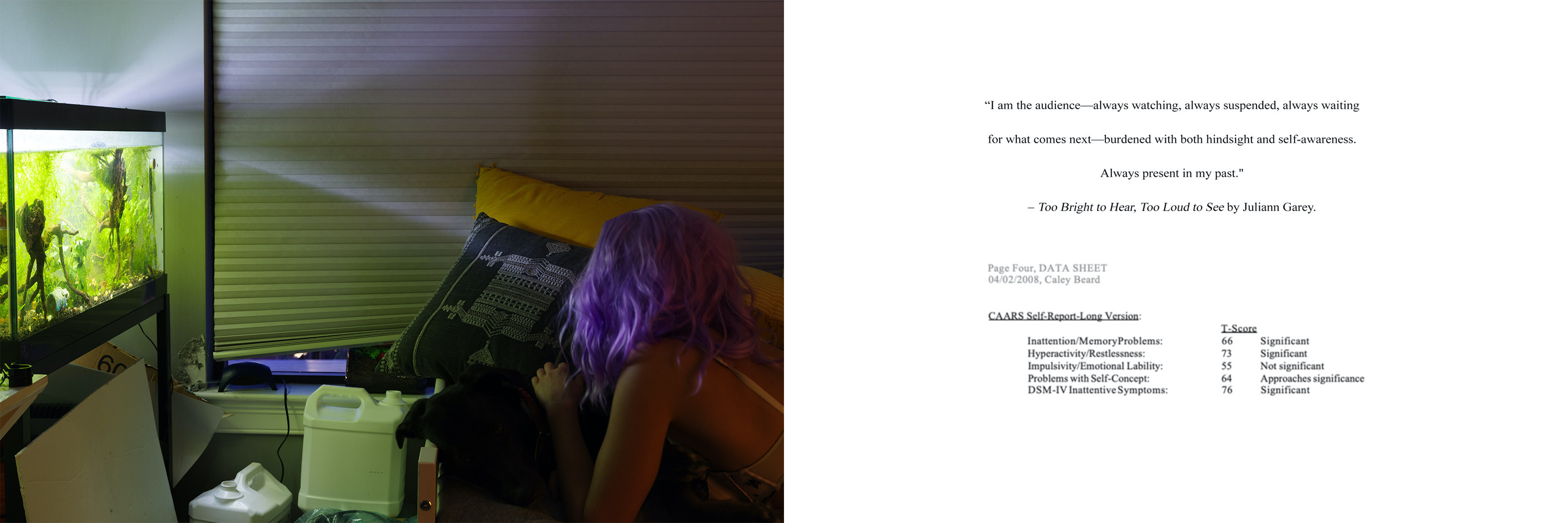
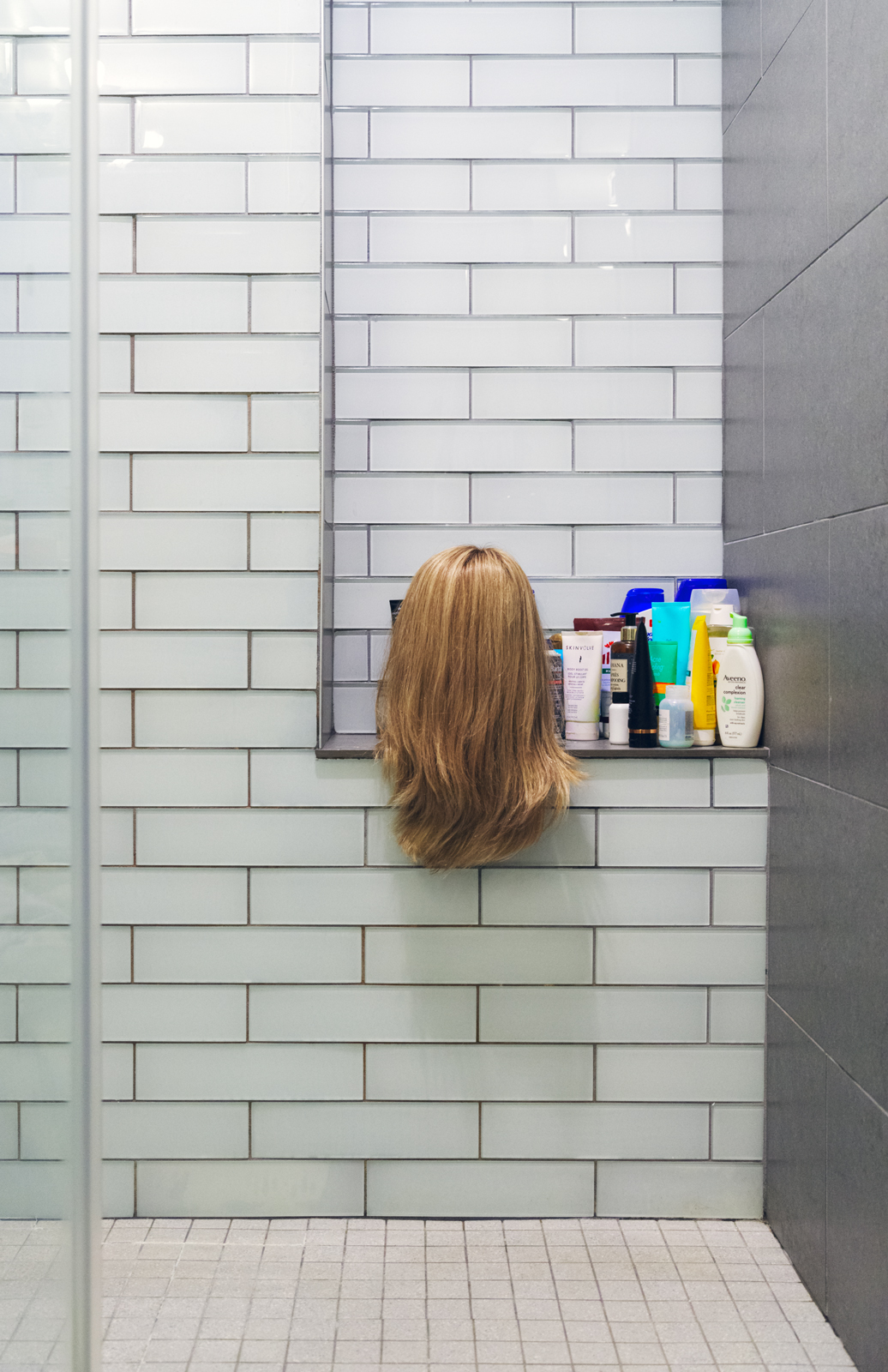
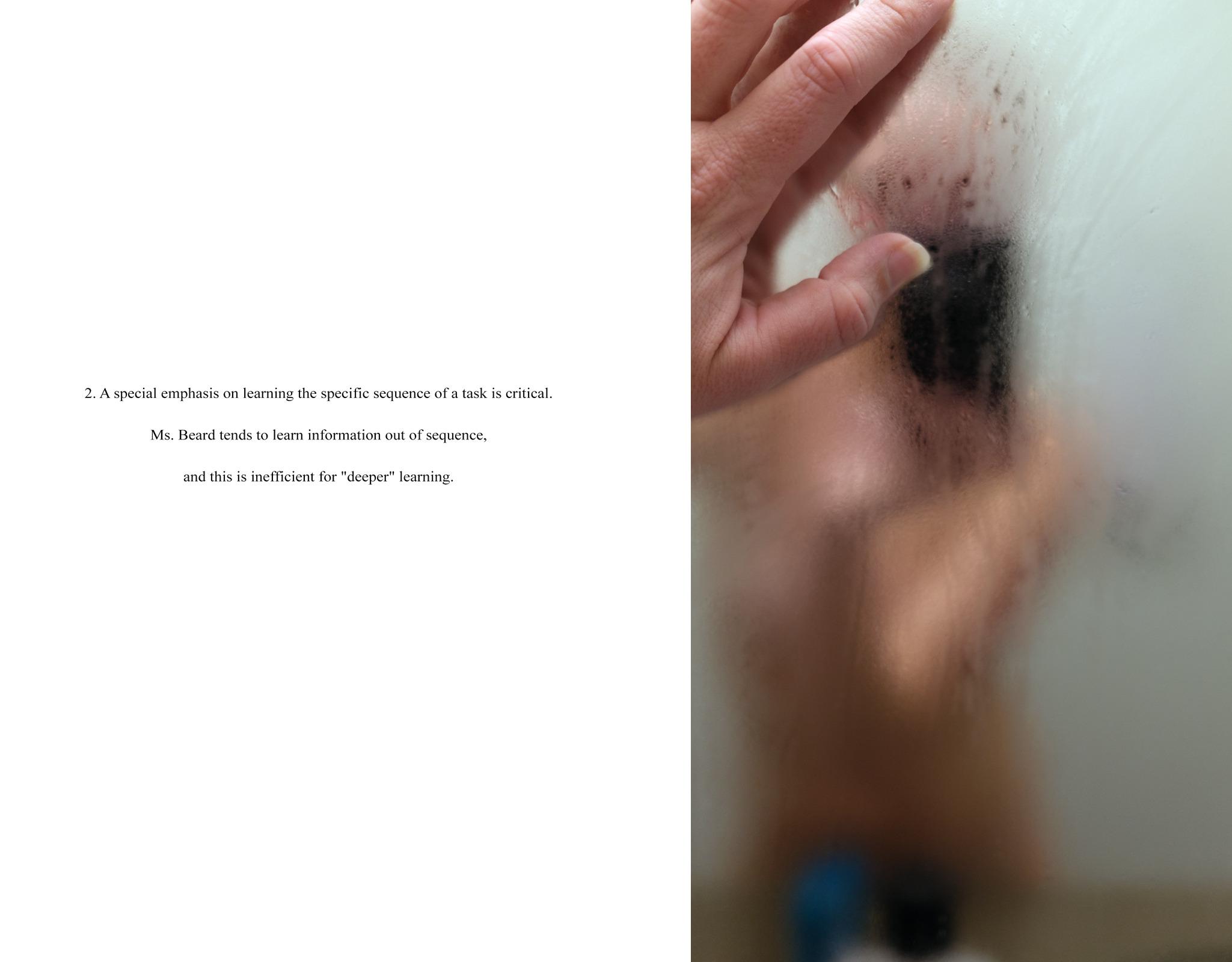
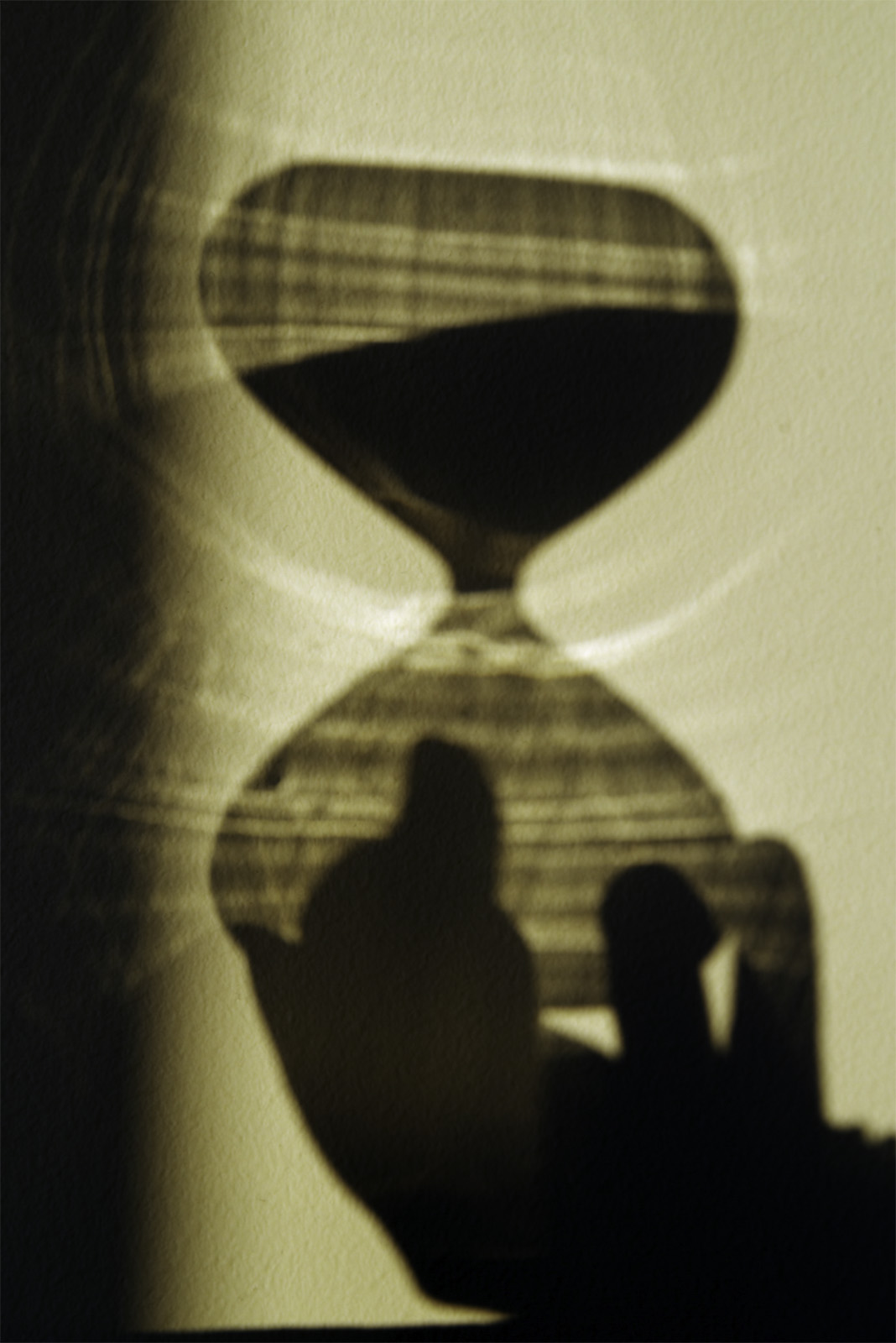
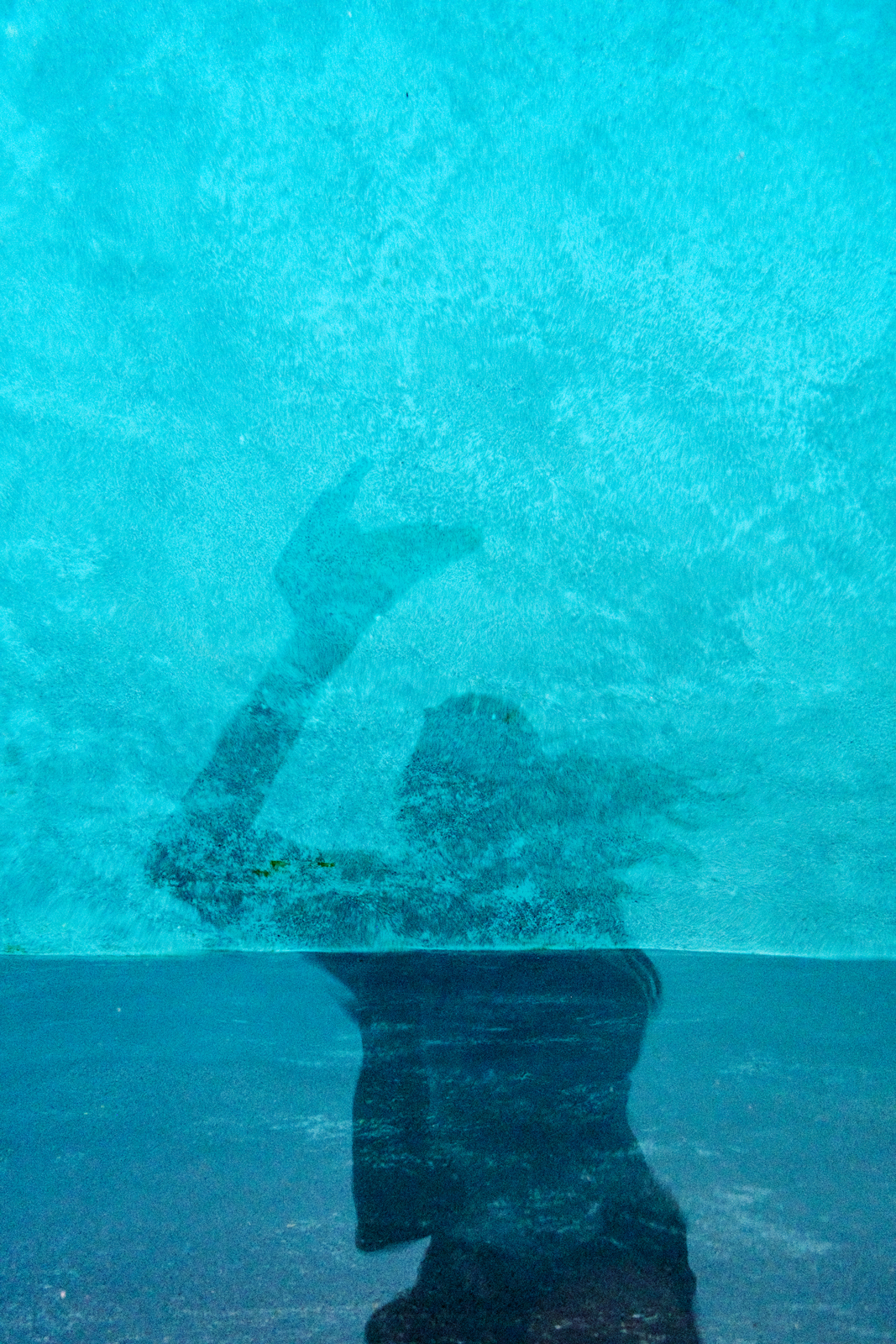
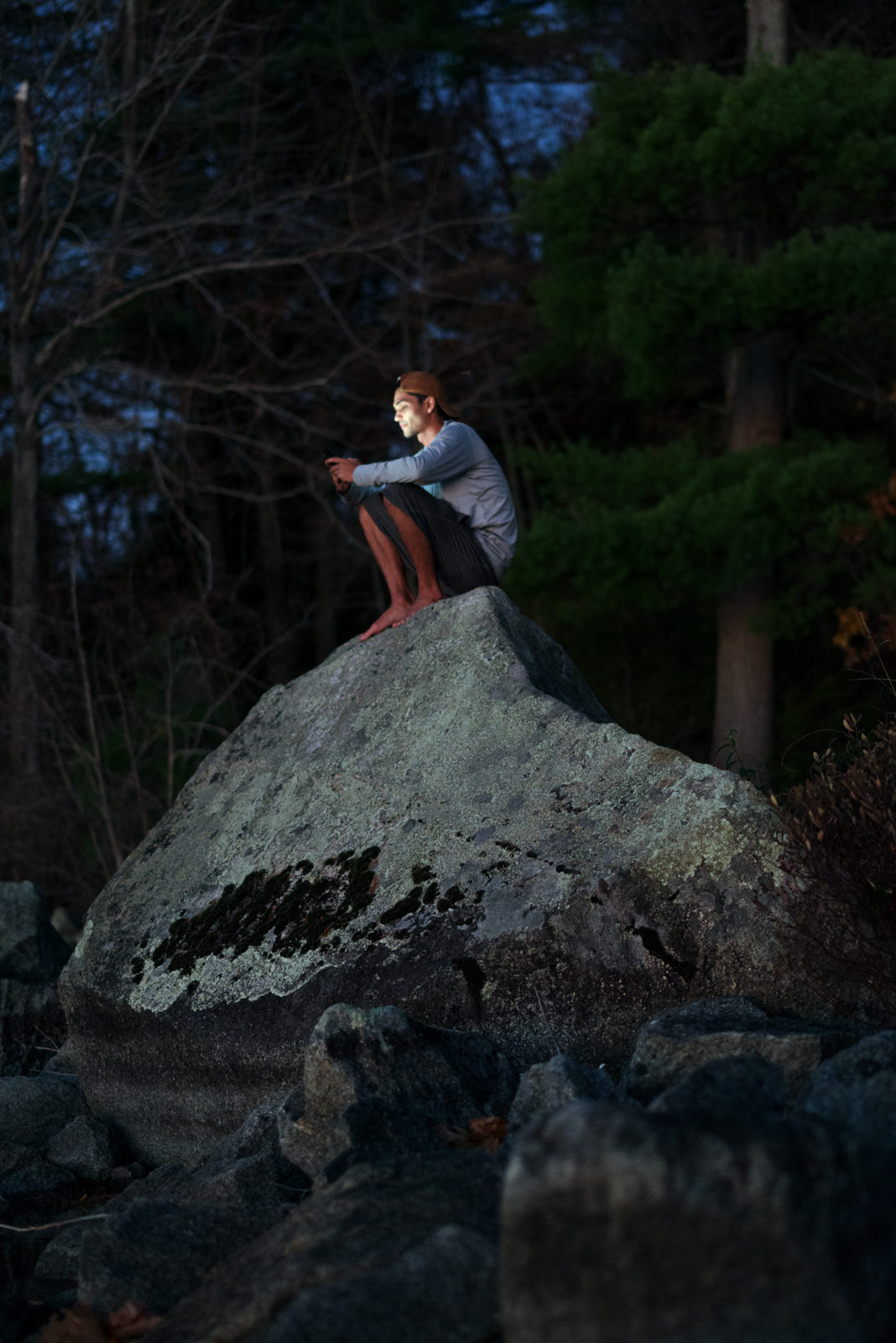
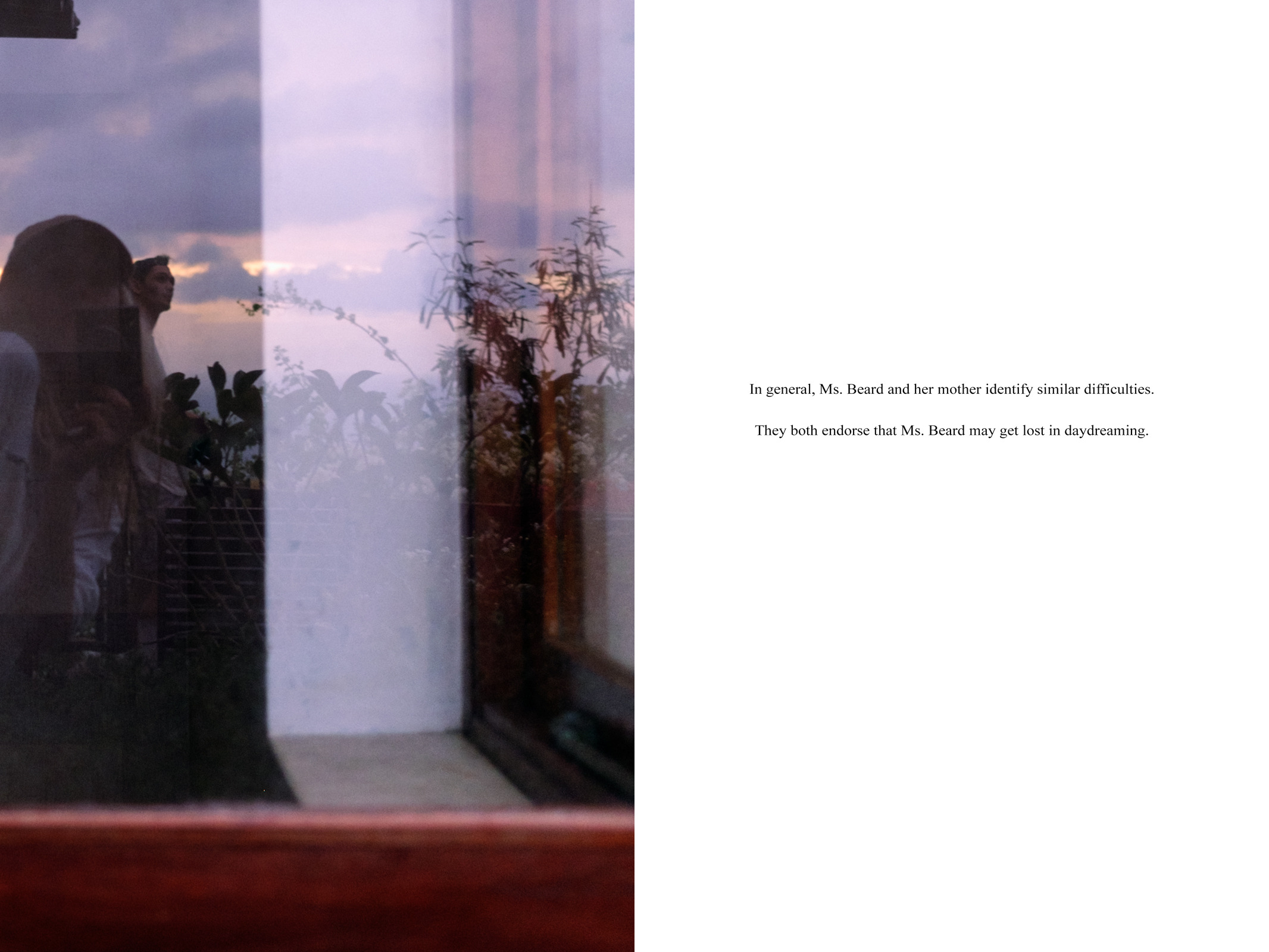
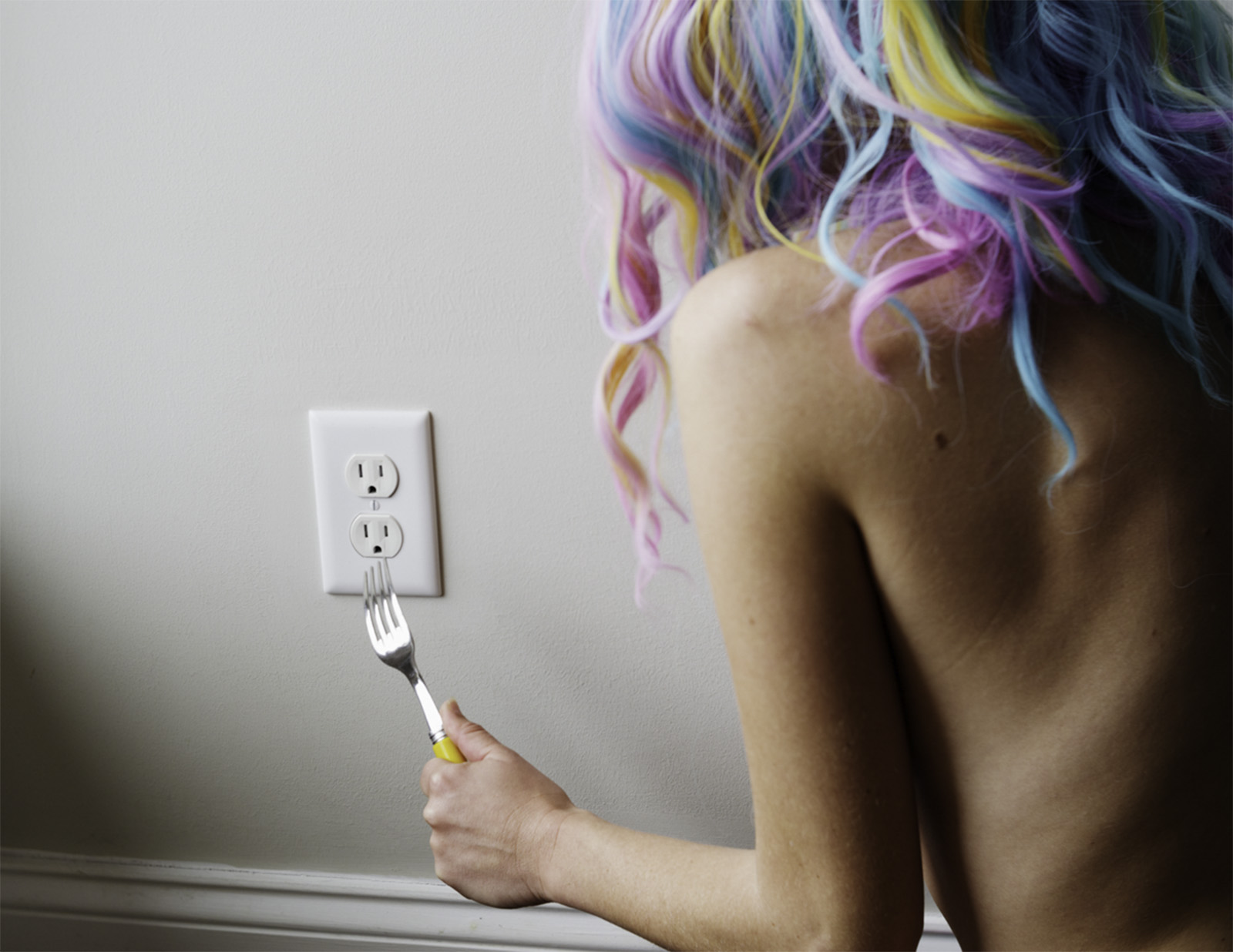
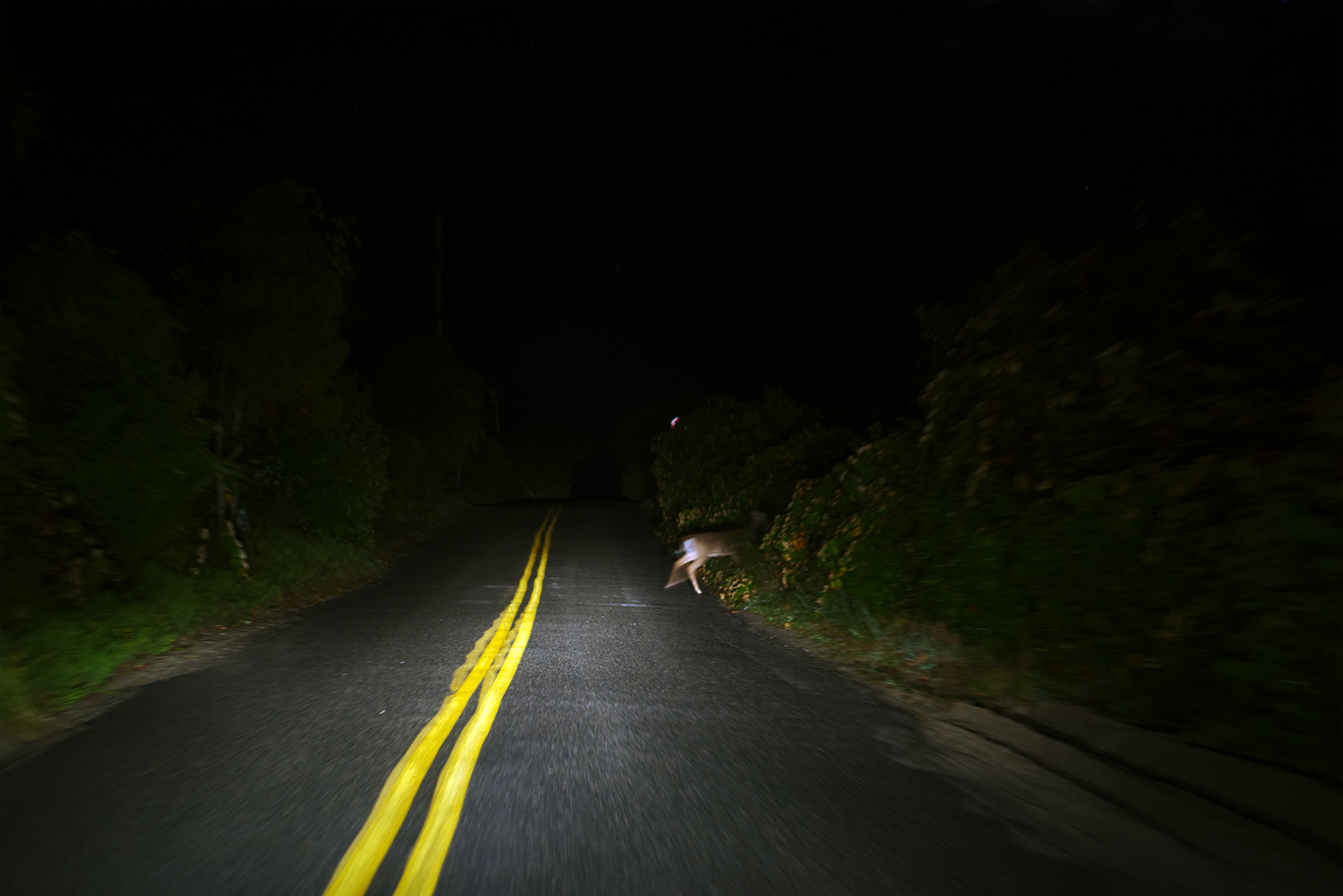
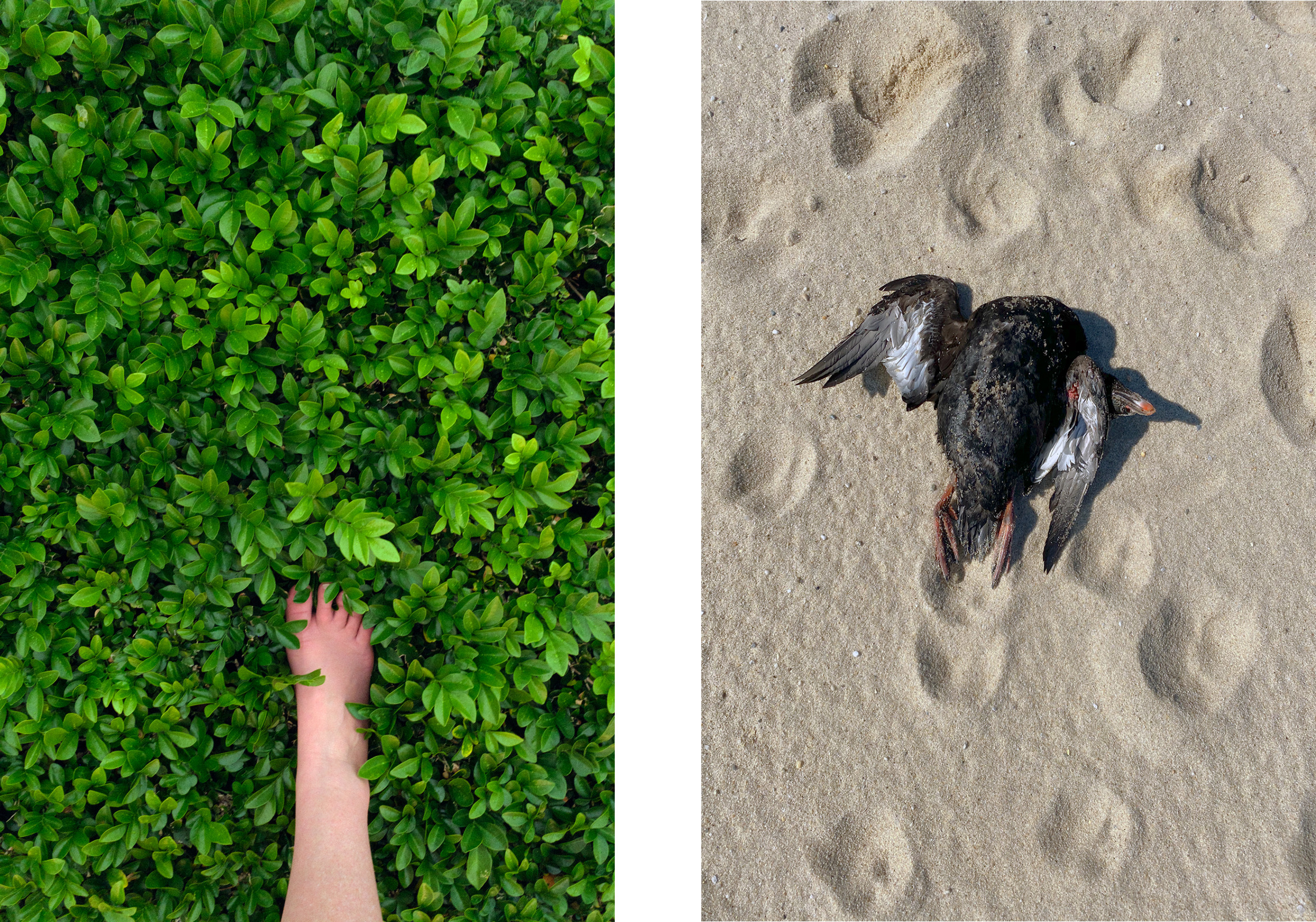
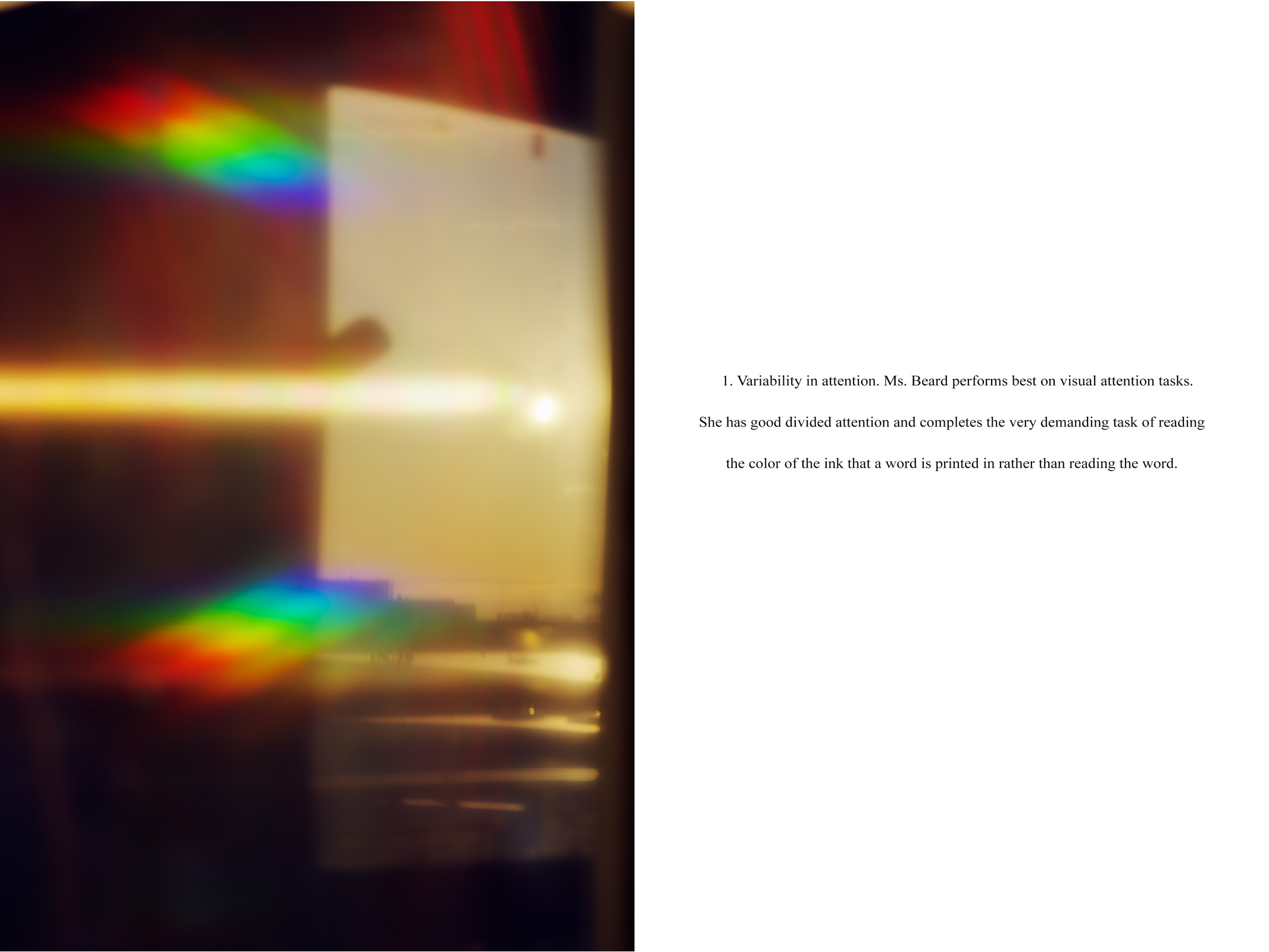
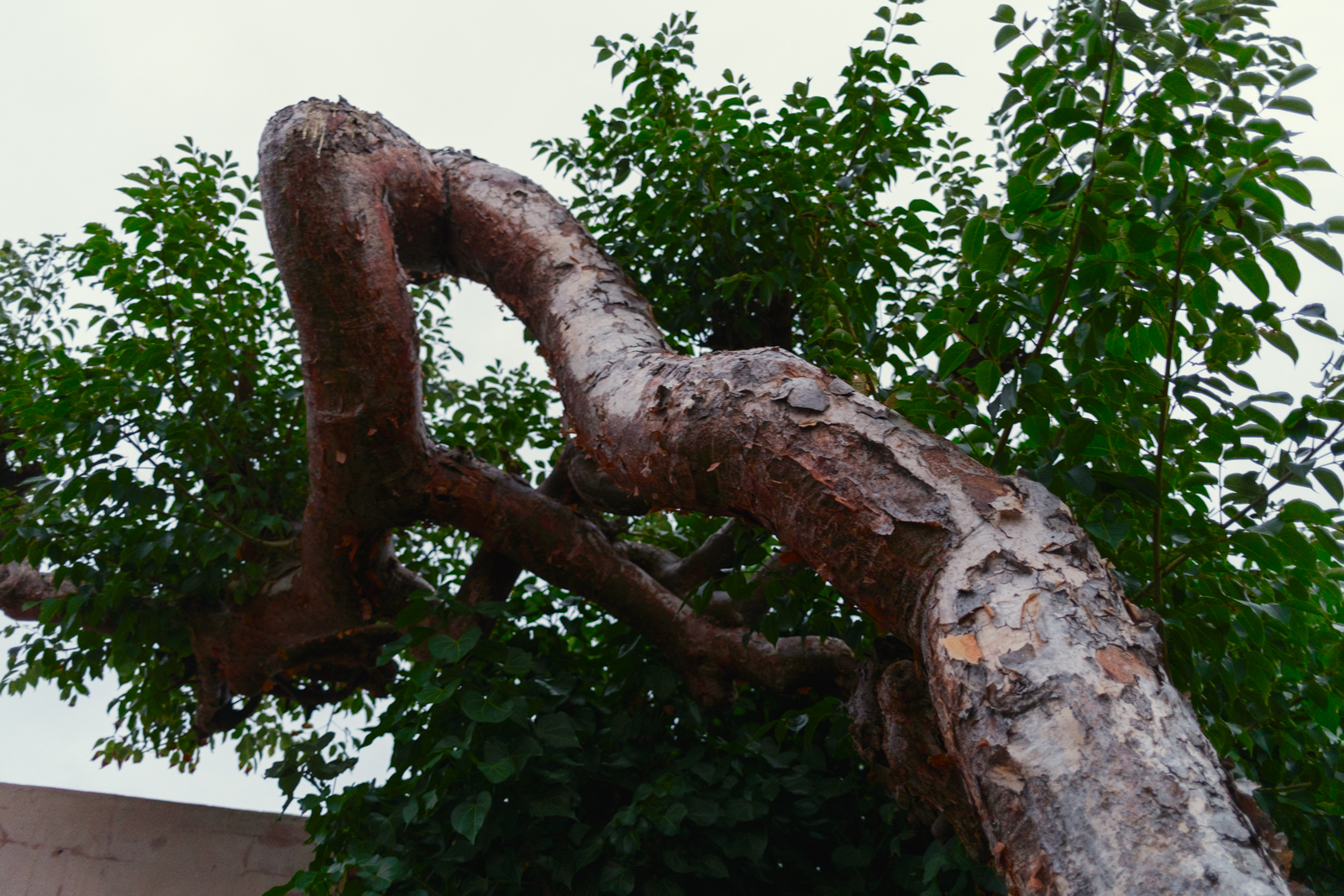
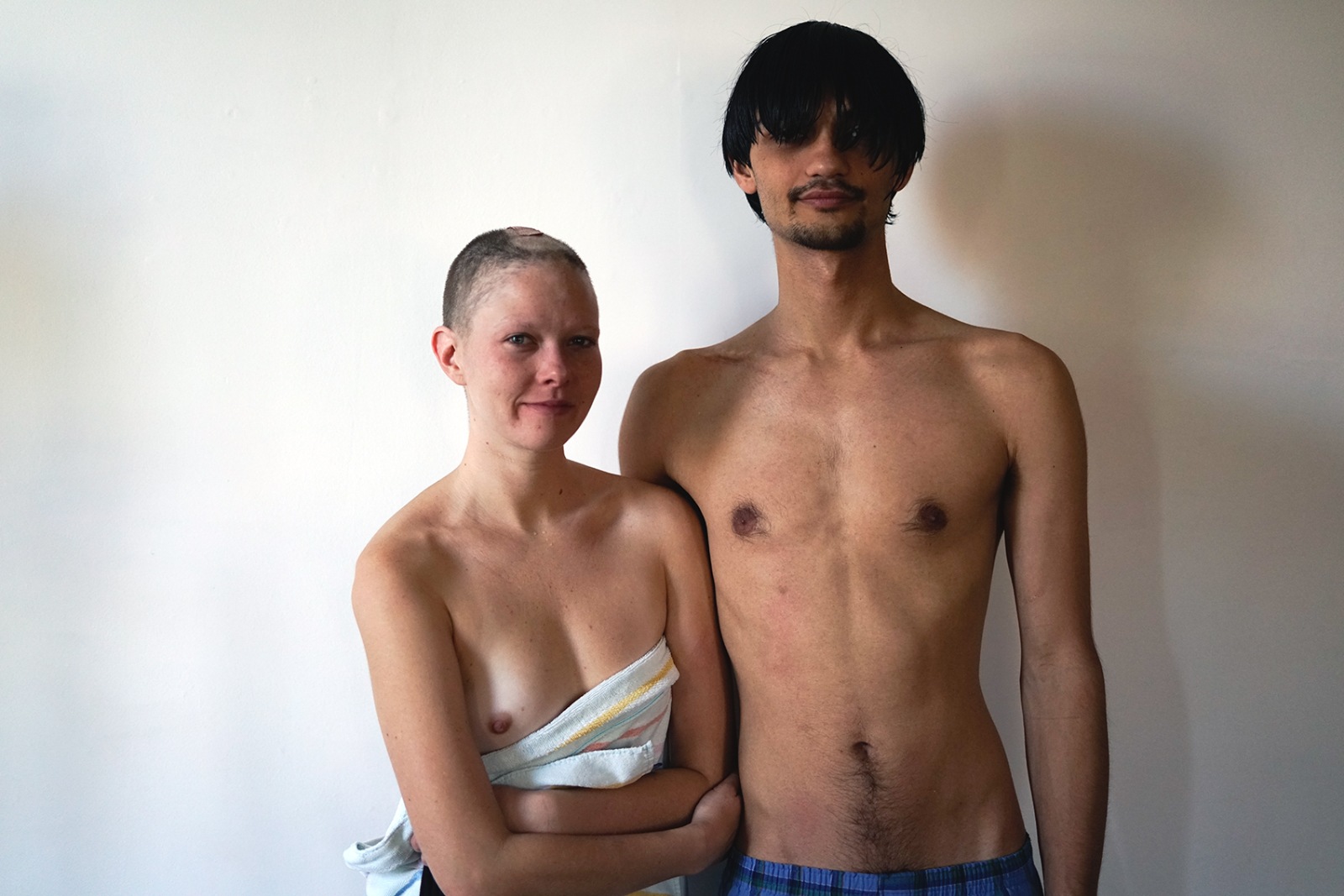
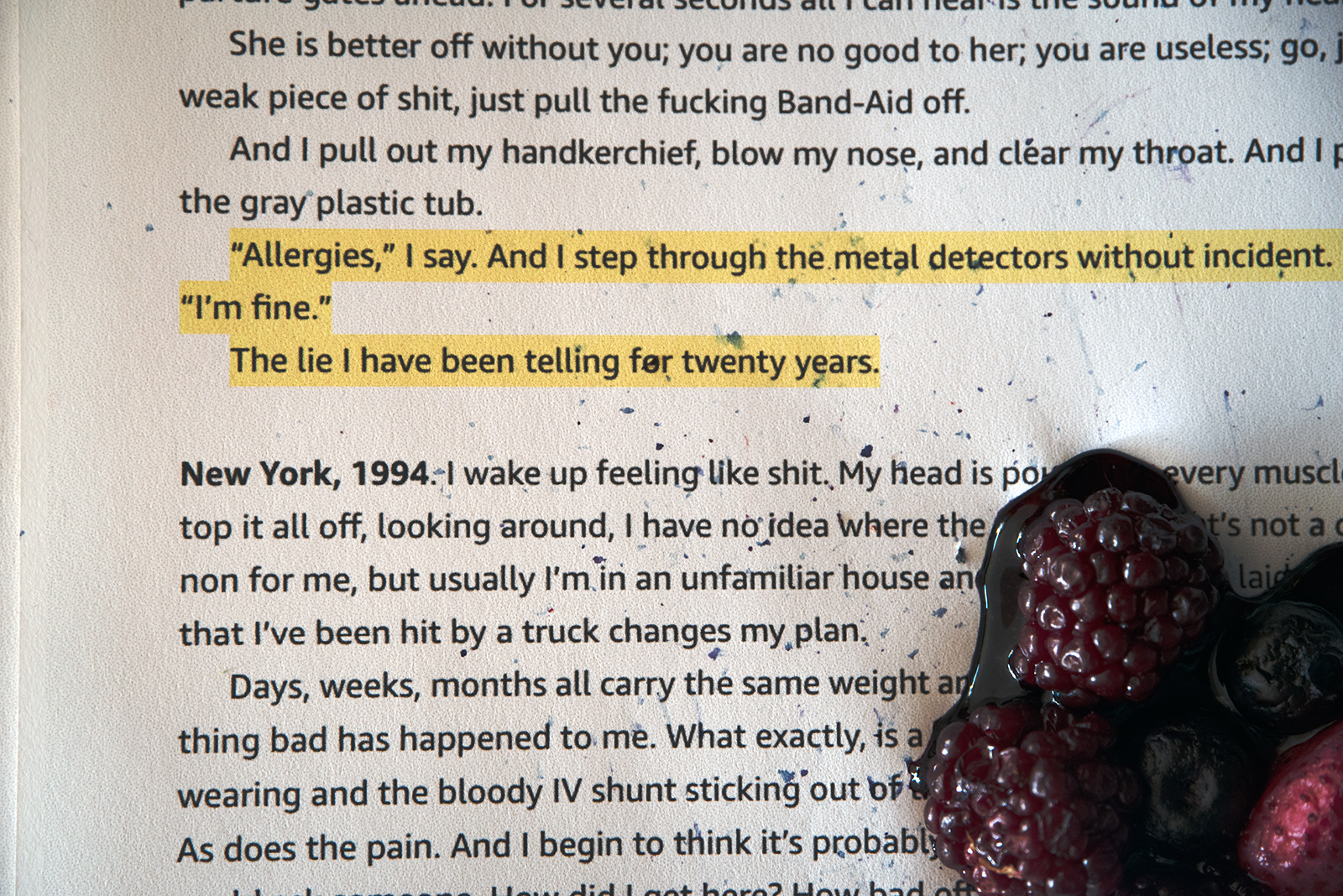
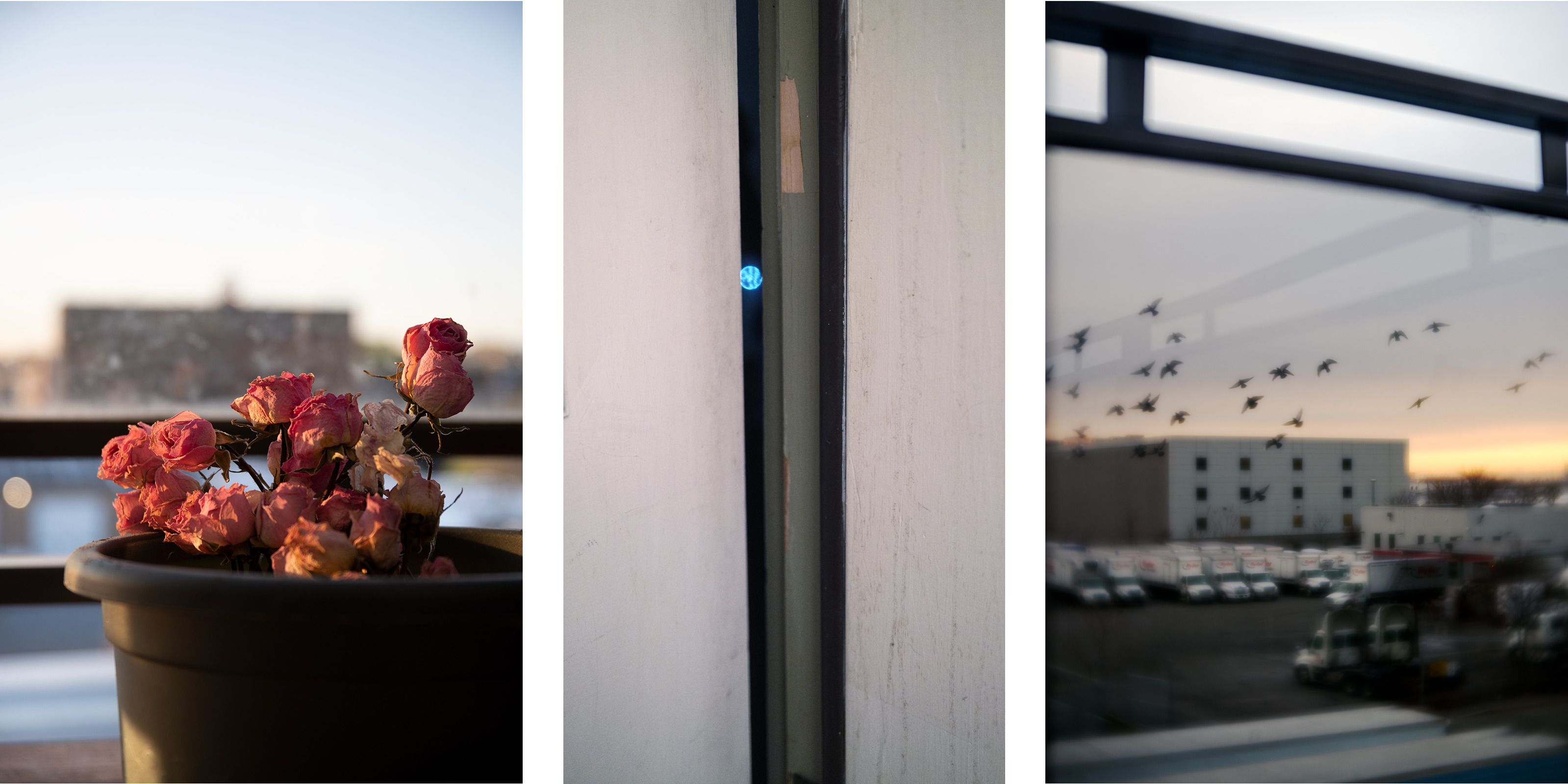
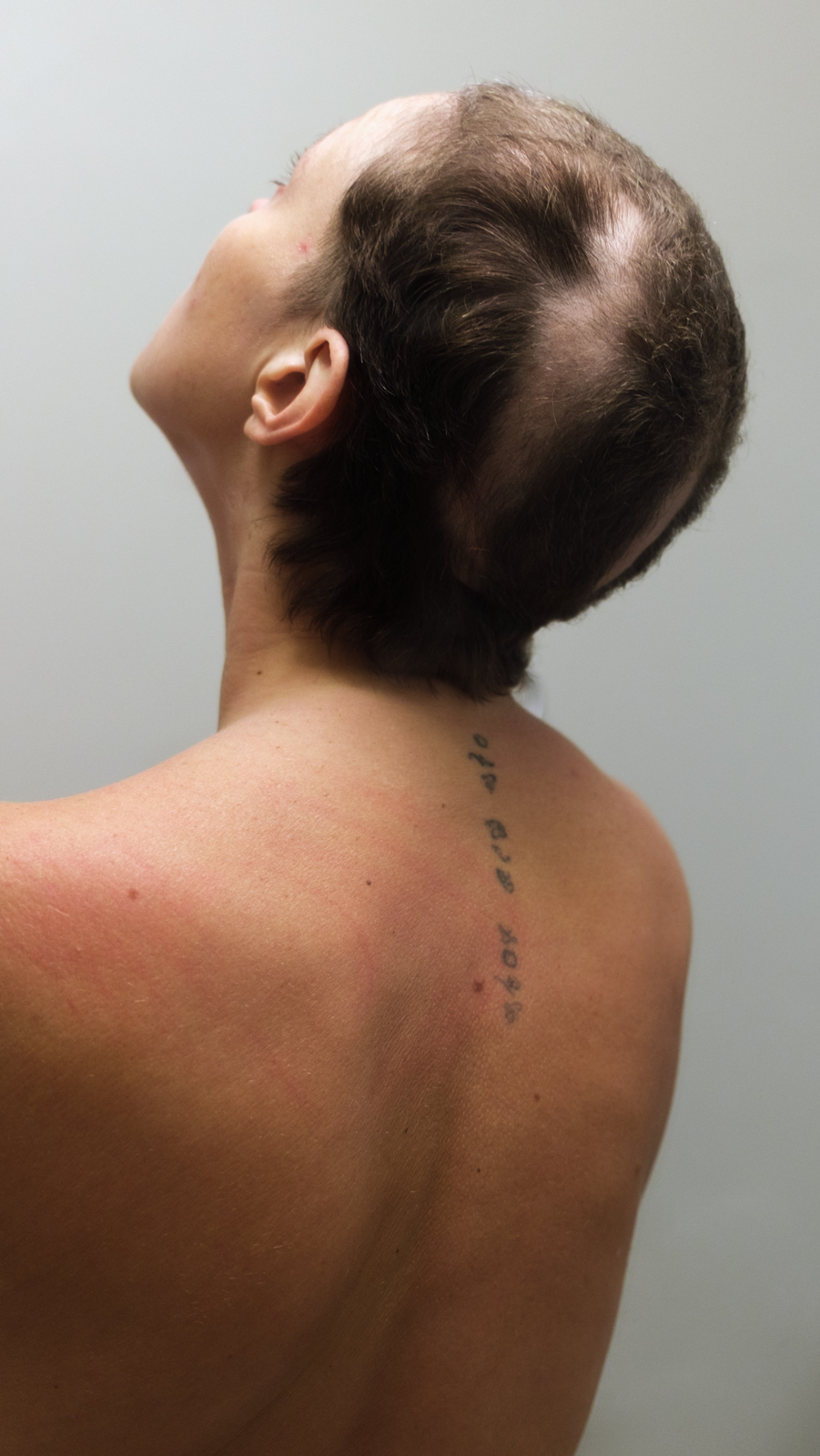
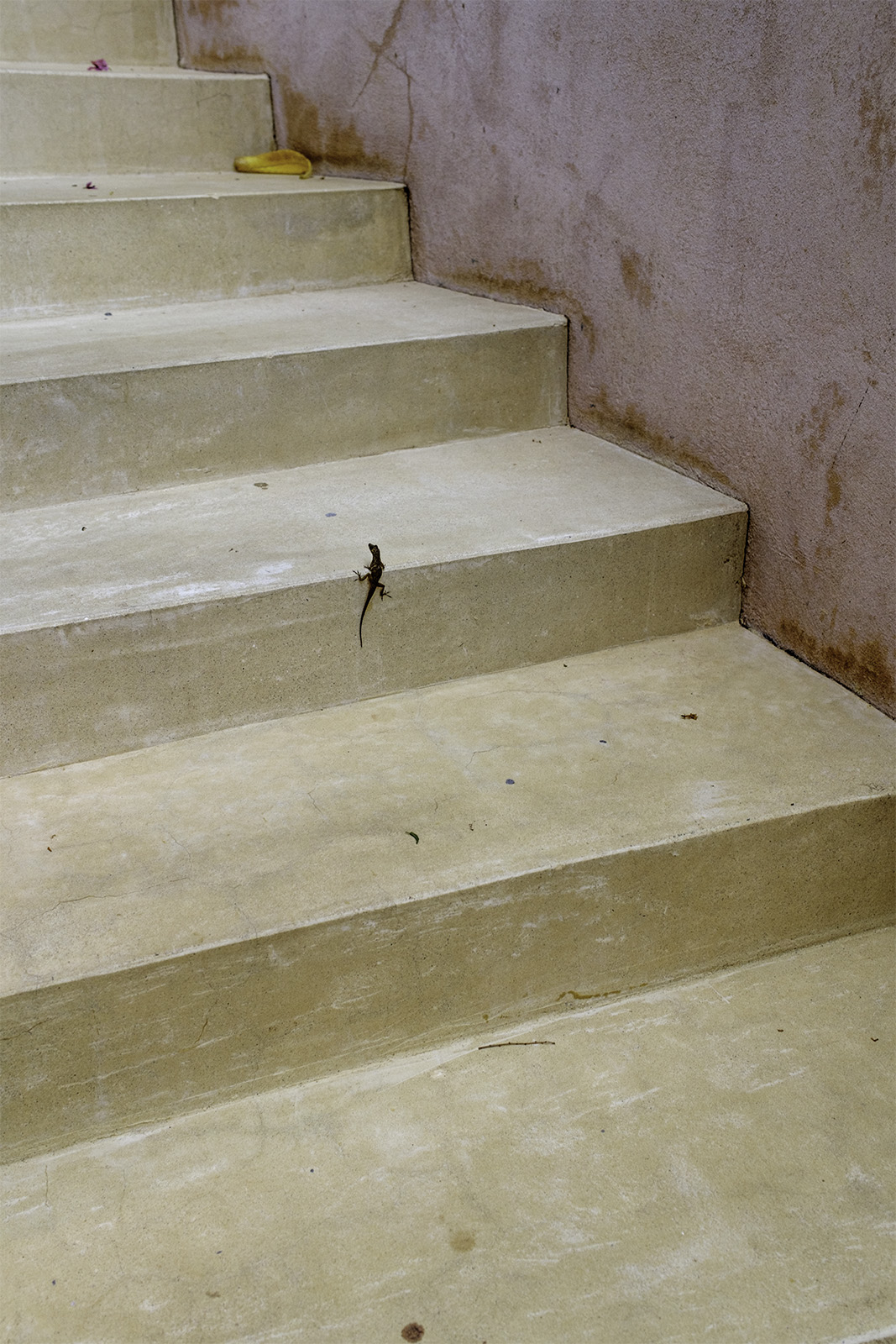
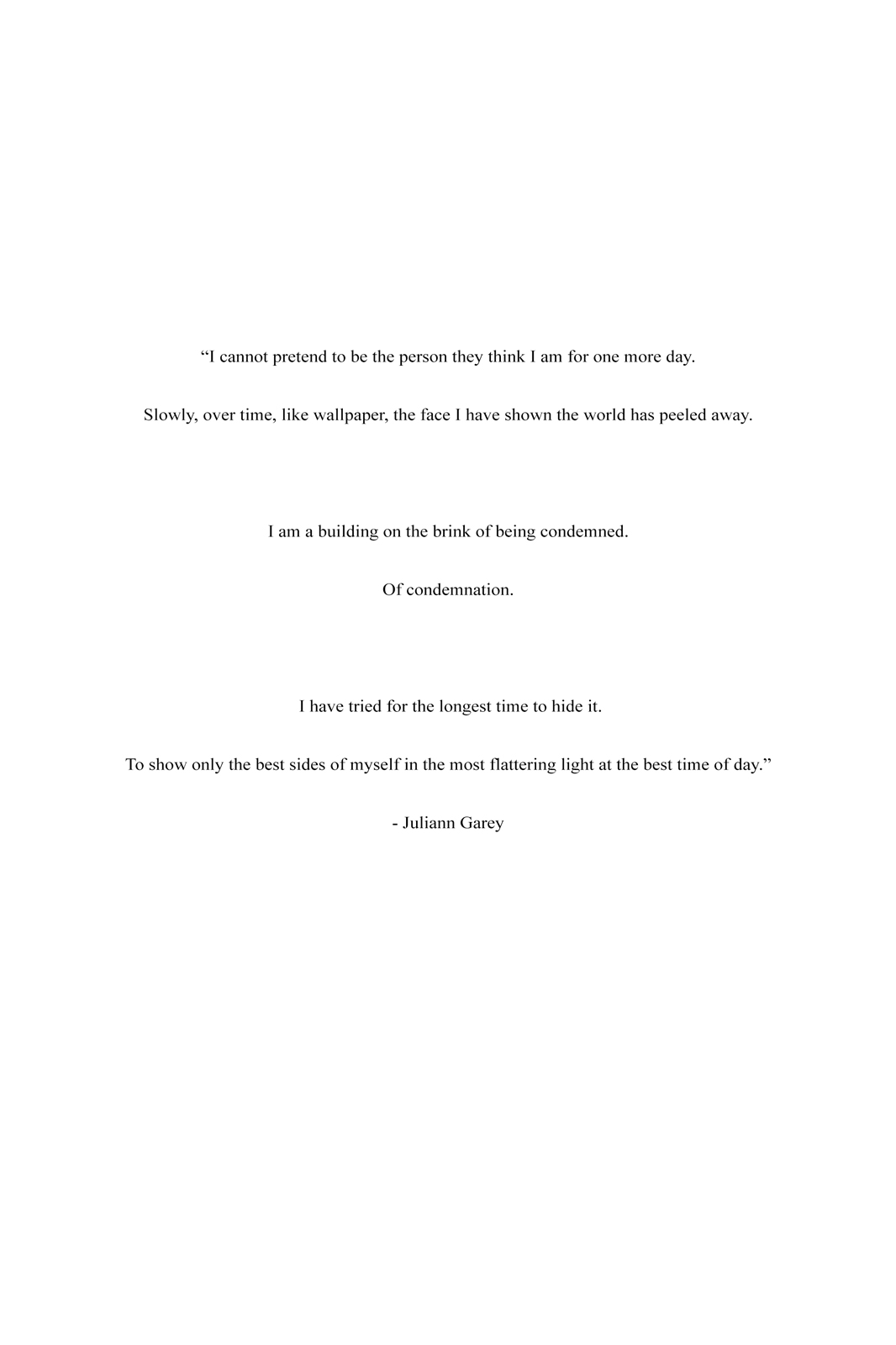
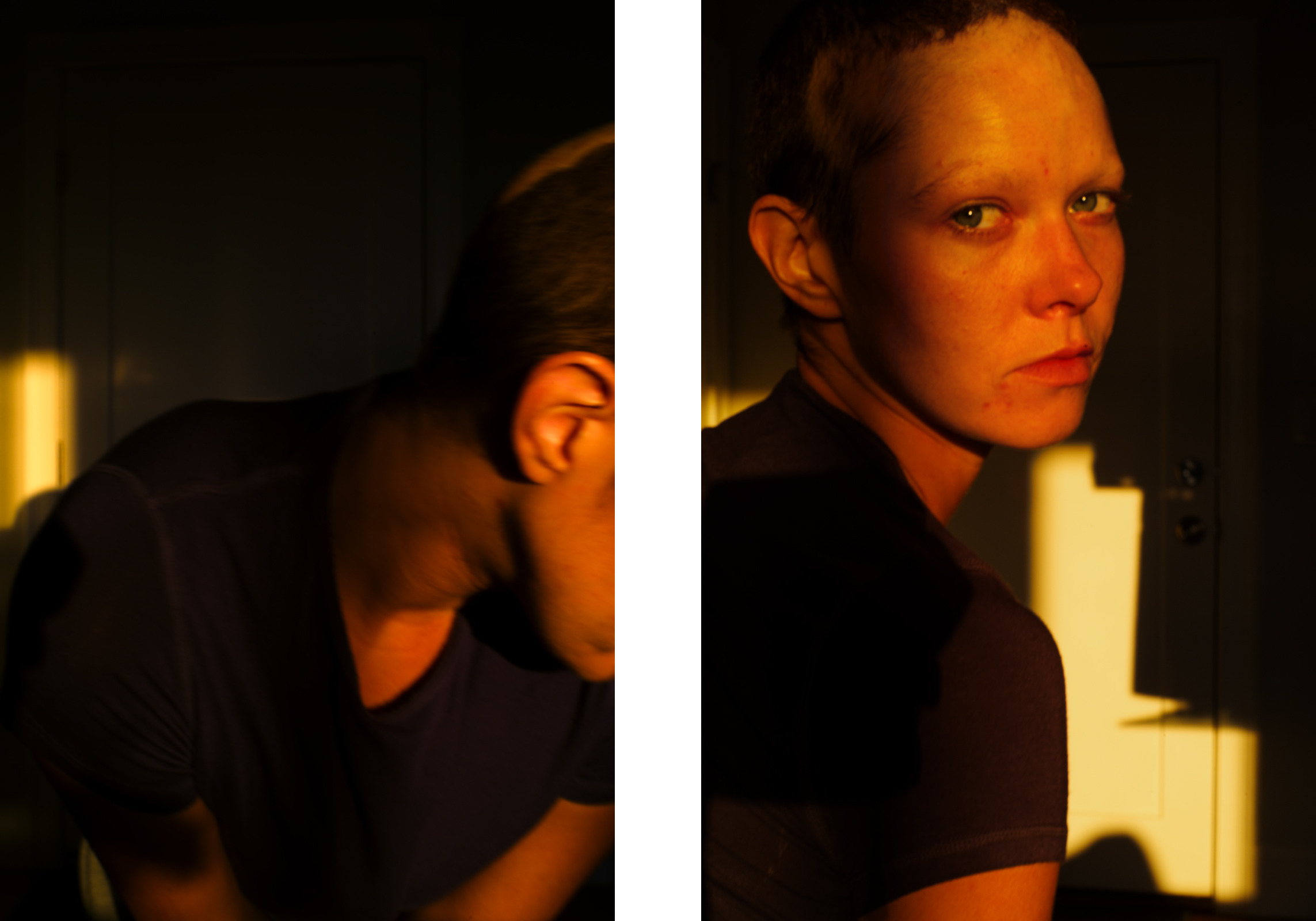



















biography
Growing up in Massachusetts, Caley Beard (b. 1990) spent as much time in the city as she did in the wilderness, and her passion for photography is rooted in a deep, personal connection with nature. Using color, texture, and light, Caley explores dissolving edges between the human and natural worlds and documents personal struggles with her mental and physical health. Her images probe at existential questions on both the micro and macro scale and are much more felt, rather than preconceived. Her work has been exhibited at Panopticon Gallery, K6 Gallery and MassArt’s All School Show '21. Caley also specializes in wildlife and underwater photography, and is a PADI certified Rescue Diver.
interview
Caley Beard in conversation with Sarelle
S: What is the environment you thrive in the most?
CB: Definitely in nature. The Caribbean or the woods of New Hampshire are both perfect examples of where I thrive. I’ve been going to both places since I was born. My mom’s best friend lived on St. Thomas (and then St. John) and my grandparents lived in NH in the middle of nowhere on the base of Mt. Cardigan. I don’t do well with a lot of daily obligations and am best operating under “island time,” in a place where nature is easily accessible.
S: How long have you been photographing?
CB: I think the first photograph I ever took and also developed was at my summer camp, Camp Billings. I made a pinhole camera and took a picture of “my secret spot.” I think I was 12 years old. I grew up taking pictures with my mom and her father, David Batchelder, who is a photographer. My stepmom is also a photographer and my dad is a drummer by profession, but is also a very talented artist (painting, drawing, and charcoal).
S: Did you have an epiphany moment at all?
CB: Yes, two moments in relation to photography. The first was when I developed that image at summer camp taken with the pinhole camera. I was just amazed that basically only paper, a shoebox, and sunlight were able to capture and produce that. It really blew my mind. The second epiphany was probably about 6 or 7 years ago. I had dropped out of college a few years prior in 2010-11 and was waitressing in Boston. After a solid 6 years of living the server-lifestyle, I really just wanted to get out. I realized that if I really wanted to make my love for photography a career, I needed and wanted to have the knowledge and experience to be successful. So, yeah, going back to school for photography was a big step for me. And actually, another smaller epiphany around the same time I decided to apply to MassArt might have been motivated by climate change. I’m a scuba diver and I started to dream of documenting the loss of coral reefs due to coral bleaching.
S: What is it about photography that gives you that passion to use the medium and make art?
CB: I could probably go on for a long time answering this question, but I think the two fundamental aspects are being able to see the world in new ways through the lens and produce visions from my mind's eye. It’s always been important to me to feel understood; especially as someone who is diagnosed with bipolar disorder. I find being able to literally show what I see or think and the process of creating that to be essential as well as therapeutic.
S: Do you feel a difference or have anything to comment on about being slightly older going through the photo program at MassArt?
CB: I think when it comes to figuring out who you are as a person, I have more life experience to work with than other students. At the same time, a lot of things are very relatable no matter what age you are. The experience of going through school during COVID is new for everybody involved. When I first started at MassArt, I actually felt very behind all of foundation year. It seemed like a lot of students came from art-focused high schools and I had no experience at all. Foundation year was the first time I took real art classes, so that was a big adjustment for me.
S: If you had to give the gist of your thesis work in three words, what would those words be?
CB: Ominous, Investigative, Self-exploration, and understanding
S: Why have you chosen to make work about yourself?
CB: I felt very lost as an individual when I turned 30 years old and I felt like I needed to push myself out of my comfort zone. I also hadn’t really confronted the fact that I still was experiencing issues with my hair - COVID made it easy for me to hide away and not deal with it.
S: What has been the most challenging part of making work about yourself?
CB: Self-portraiture, for sure. Also being vulnerable and open about issues that I have kept incredibly private, like my relationship, mental health, and hair loss.
S: What do you want your audience to take away from this project?
CB: This work has really been mostly for myself, but I still hope that people can relate to it in some way, or at least understand me a little better as a person.
S: What have you learned about vulnerability with this project?
CB: My most rewarding images have been made from a very vulnerable place. I’ve learned that it’s an asset, not something to be afraid or ashamed of.
S: Was it hard to choose this project as your senior thesis? It's a very personal story which is now being seen by the public eye. Were there internal hurdles to get over before you decided to make/share this work?
CB: Yes, definitely. I was really scared to share it at first and actually showed some people - friends, family, teachers, classmates - a few images privately before deciding to fully open myself to making this work. I still don’t know that I’m ready for the community outside MassArt to see it yet, but I’m trying to be brave! In life, I’ve found there’s a strong connection between being brave and feeling confident and independent.
S: What is your relationship with color and light (the vibrance, strobe, reflections, etc.?) These both are prominent facotrs in your pictures and motifs that are seen through the work.
CB: I think my relationship to both color and light is rooted in emotion. I find that both are ways of conveying moods or mindsets. There’s also an exciting element of experimentation for me. Light is the transformative agent in photography and I think color is actually incredibly subjective.